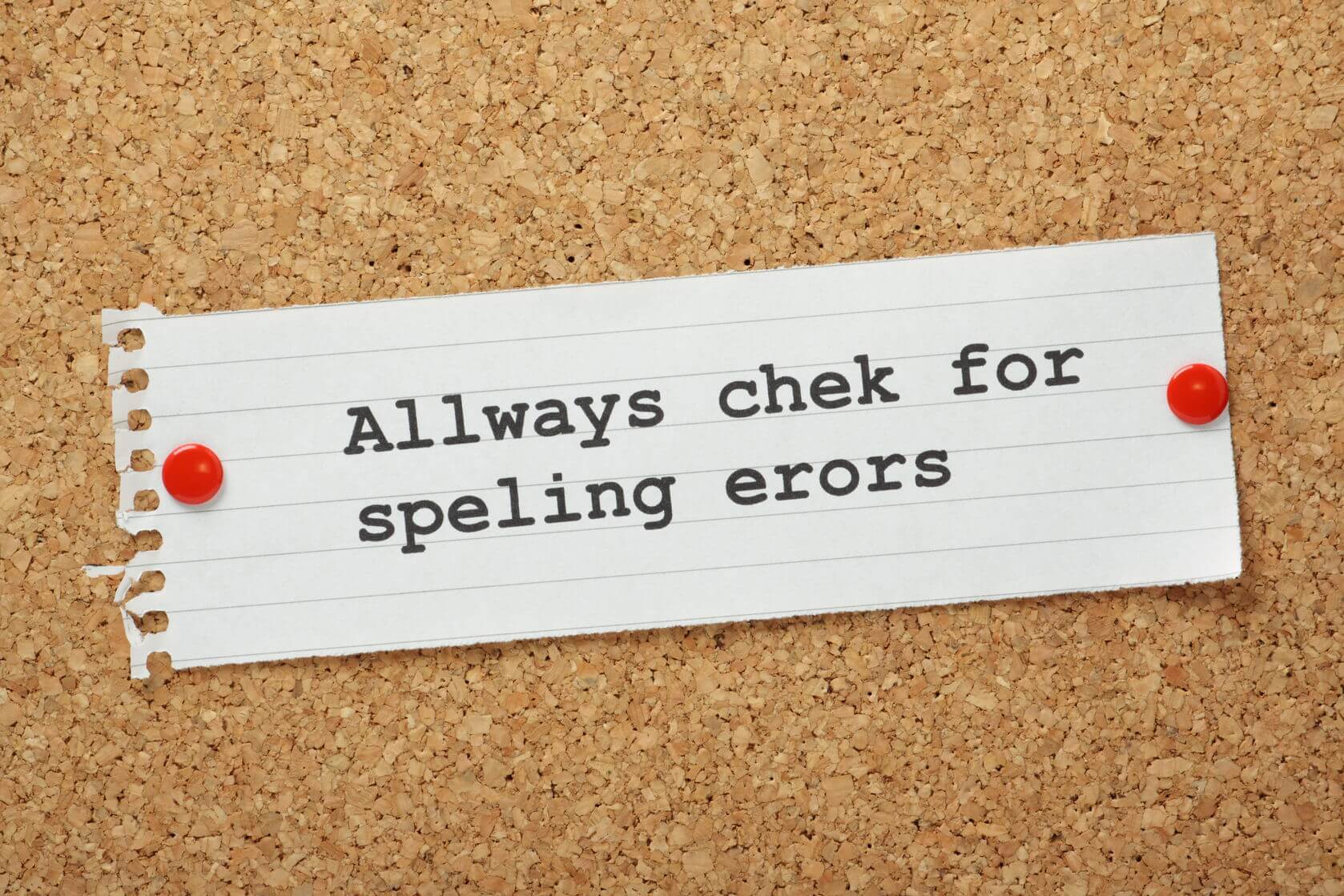5 Ways to Help Students with Dyslexia Improve Their Spelling
 Despite their many strengths, students with dyslexia often have executive function deficiencies, which affect the way they see patterns and process information. Because of the connections between dyslexia and spelling, spelling tends to be difficult, perhaps even more difficult than reading for these students. It’s a more complex skill; there are more ways to spell a word phonetically than to pronounce one. Even after learning the phonetic skills that can help those with dyslexia improve their spelling, these students will still struggle. They simply need more time and application of phonetic skills to see progress with spelling.
Despite their many strengths, students with dyslexia often have executive function deficiencies, which affect the way they see patterns and process information. Because of the connections between dyslexia and spelling, spelling tends to be difficult, perhaps even more difficult than reading for these students. It’s a more complex skill; there are more ways to spell a word phonetically than to pronounce one. Even after learning the phonetic skills that can help those with dyslexia improve their spelling, these students will still struggle. They simply need more time and application of phonetic skills to see progress with spelling.
Here are five tips from Reading Horizons Dyslexia Specialist Shantell Berrett, which you can implement to help your students with dyslexia improve their spelling:
Dyslexia Spelling Tips
1. Grade based on the purpose of the exercise.
Don’t dock points for spelling. If they’re getting the point across, they’re fulfilling a writing assignment’s purpose. Grade them on the intent of the exercise, whether it’s to discuss a topic or to follow the five-paragraph essay format.
2. Provide awareness for incorrect spelling patterns.
Make the student aware of incorrect spelling without docking points. Let them know that they spelled the word phonetically correctly, but that’s not how we spell that word. Then have them write the correct word and compare the two next to each other. This way, they are not being punished but rather provided with additional opportunities to correct and revisit spelling patterns.
3. Incorporate dictation to improve phonological processing.
When it comes to spelling, students with dyslexia primarily struggle with the phonological processing needed to write a word correctly. When students say a word out loud, they process those sounds more efficiently and are able to make connections in the brain that help them spell with increased accuracy. If you train these students to practice the process of dictation—to say a word out loud as they write it, you can help them profoundly improve their spelling.
4. Present additional opportunities to reinforce skills.
Students with dyslexia need consistent reinforcement of spelling rules. Using a structured literacy program that connects structured literacy with spelling skills helps them deepen their understanding of the patterns of the English language, rather than simply memorizing word lists.
5. Be patient and understand that spelling gains take time.
Students will make spelling gains after using a program like Reading Horizons that focuses on the phonetic rules of the English language, but you still won’t see the same gains they’ll experience in reading. Teachers need to be patient and understand that spelling gains take more time. Those gains come from consistent practice of the rules until they become second nature.
Dyslexia Resources
Pinterest Reference Guide:
